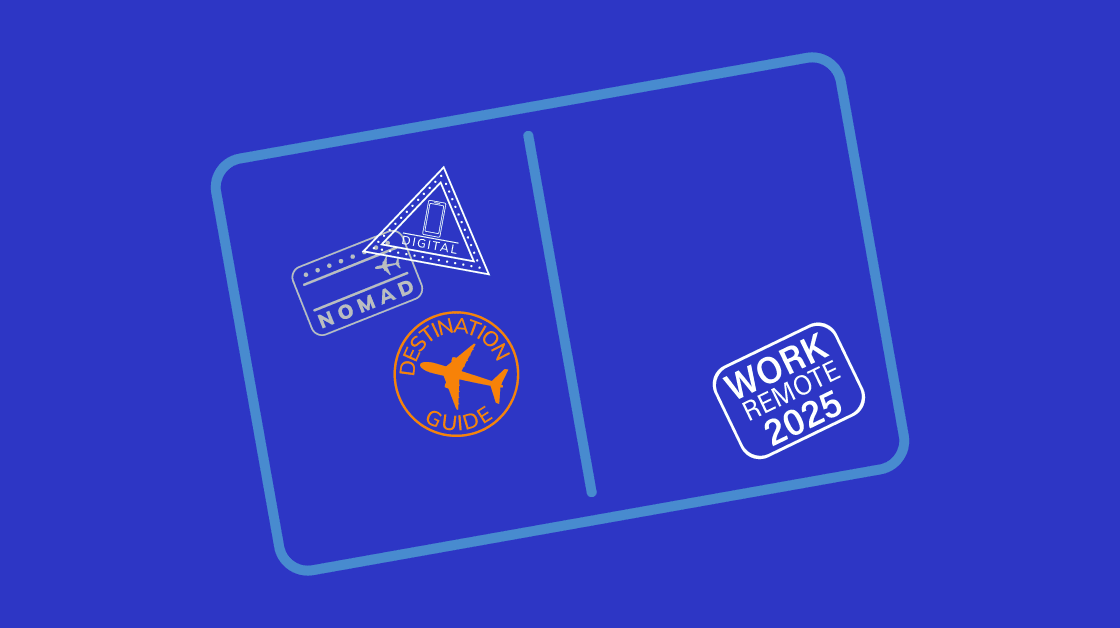
You know the drill. You meticulously craft the perfect job description and moments after you publish it to your favorite “now hiring” website your inbox becomes a battlefield of résumés, cover letters, and LinkedIn connection requests. You brace yourself for the impending onslaught of great candidates and start to dig in. The first one looks promising — until you open it and see an uber-generic, copy-paste cover letter starting with the disappointingly non-specific “To whom it may concern…” The next applicant boasts “exceptional attention to detial” (yes, spelled exactly like that). Others list “breathing” and “social media posting” as skills. There’s even a group of submissions that claim to be “fast learners” while admitting to no experience related to the job description.
Days turn into weeks of sifting, scheduling, and interviewing. Finally, you make an offer — only to find your top pick has already accepted another job. Your backup? They accept, only to leave you high-and-dry a handful of weeks later when they announce they’ve decided to pursue life as a social media travel vlogger – all just days before their 90-day performance review, which wasn’t looking that promising anyway … maybe they did you a favor? Then, you start the process all over again.
If hiring feels like a never-ending cycle of frustration, wasted time, and questionable decisions, you’re not alone. But here’s the good news: there’s a better way.
Why Traditional Hiring is Broken
If traditional hiring were a TV show, it’d be LOST — lots of buildup, too many twists, and an ending that falls short of most people’s expectations.
First, there’s the job posting ordeal, followed by résumé roulette. Then, the interview loop, where every candidate uses the same buzzwords. By the time you make a hire, you’ve lost weeks (or months) and spent a small fortune, with no guarantee it’ll work out.
Here’s the reality. Traditional hiring is broken because it is:
- ⏳ Slow. The average process takes 42 days — long enough to rethink every life choice that led you here.
- 💸 Expensive. Job board fees, ads, interviews, onboarding, and benefits add up before they even do any work (nearly $5,000 according to the Society for Human Resource Management).
- 🤦 Risky. A bad hire costs up to 30% of their annual salary — money better spent on something that doesn’t make you want to tear your hair out.
And the worst part? Even when you do hire someone, nearly half the time they fail. Forbes cites a LeadershipIQ study that shows 46% of new hires fail within 18 months.
It’s slow, expensive, outdated — and companies keep doing it, hoping for better results. But hope isn’t a hiring strategy.
This. System. Is. Broken.
The Rise of the Flexible Workforce
Welcome to the future of work. More businesses are turning to 1099 staffing — hiring elite freelancers and independent professionals on demand. Why? Because when done with a trusted Talent Network partner (like FlexTal), it’s faster, cheaper, and less risky:
- ✅ Faster. Get top talent in days, not weeks.
- ✅ Cost-effective. No long-term contracts, no unnecessary overhead.
- ✅ Risk-free. Only pay for work that actually gets done (a concept traditional hiring still hasn’t figured out).
By 2027, over 50% of the U.S. workforce will be freelancing. The best professionals are choosing flexibility over 9-to-5 jobs. If you’re still stuck in the traditional hiring grind, you’re competing for a shrinking pool of full-time workers — many of whom don’t want to be locked into one role.
Businesses that embrace flexible talent? They’re winning.
The Secret to Faster, Smarter Hiring
What if you could hire top-tier professionals — without the hiring drama—almost instantly?
Instead of:
- ❌ Wading through endless résumés from unqualified candidates…
- ❌ Scheduling 15+ interviews just to find someone remotely competent…
- ❌ Risking a bad hire (and restarting the process from scratch)…
You can:
- ✅ Tap into a network of elite, pre-vetted experts.
- ✅ Get a 1-to-1 Matched with the right pro within days.
- ✅ Start working with the perfect Talent — frequently the next day.
This isn’t some algorithm spitting out random names. Real experts with industry insight carefully Match you with professionals who fit your needs — not just on skills, but on experience and work style. It’s the difference between casting an extra and finding the perfect lead actor who steals the show.
Instead of spending weeks searching, screening, and second-guessing, you’re working with a top-tier pro delivering results from day one.
With the FlexTal team as your partner, you’re never going to get LOST as a result.
How to Get Started (Spoiler: It’s Ridiculously Easy)
Traditional hiring is like assembling an IKEA purchase without instructions — frustrating, time-consuming, and by the end, you’re not even sure if those extra three screws were important.
Finding flexible talent the right way? That’s like having a high-end, custom-built piece of furniture delivered to your office — fully assembled and ready to use. No fumbling, no guesswork, just exactly what you need, done right the first time.
You tell us what you need — whether it’s a marketing genius, a developer, or a copywriter who doesn’t sound like a corporate robot — and within days, we connect you with a pre-vetted, top-tier professional who’s ready to get to work. No job postings. No wasted time. No long-term commitment. Just instant expertise at your fingertips.
Ready to Ditch the Hiring Struggle?
Hiring shouldn’t make you feel like the casting director for a reality show where half the potential contestants’ submissions make it clear they don’t even know what they’re signing up for. But here you are — again — staring at an inbox full of résumés, dreading another round of “Tell me about a time you faced adversity” interviews.
You’ve done this before. You’ve hired someone who looked great on paper, only to realize their “successful social media campaign” was posting a cat video for their Nana. You’ve invested months navigating the hiring maze, only to end up right back where you started. Deep down, you know the system is broken.
Now, imagine a different scenario. You need an expert. Instead of bracing for a hiring marathon, you explain what you need to a trusted partner — and boom. A few days later, you’re working with a pre-vetted, top-tier professional who actually delivers. No hours lost to sorting applications. No awkward small talk. No hiring regrets. Just fast, smart, and effective staffing — without the headache.
That’s not a fantasy. That’s what hiring should be. And, frankly, it’s what hiring can be when you stop trying to force an outdated, clunky process to work in a world that now moves at warp speed. The most successful companies don’t sit around waiting for the “perfect” full-time hire to magically appear. They adapt, move fast, and bring in the best talent when they need it.
You can keep crossing your fingers and hoping for a better hiring outcome — or you can do something different. Skip the struggle, hire smarter, and build the team you need — without the drama. The choice is yours. But if you ask us, it’s pretty obvious.
We’ll Match you with the right pro, right now. 🚀 Let’s get started today!









